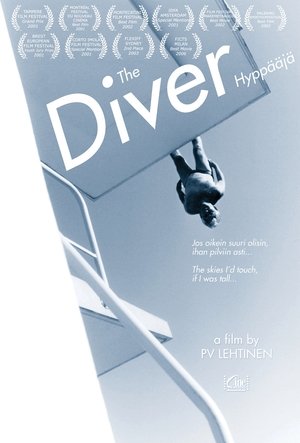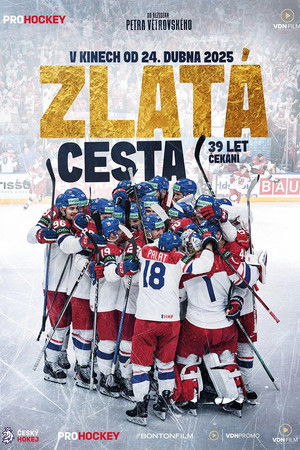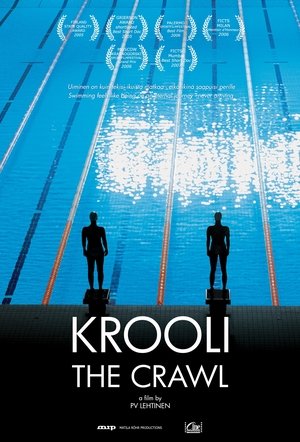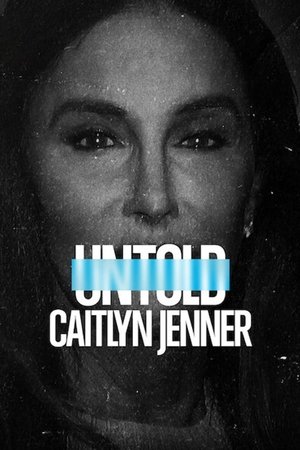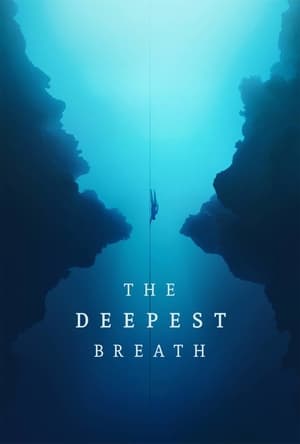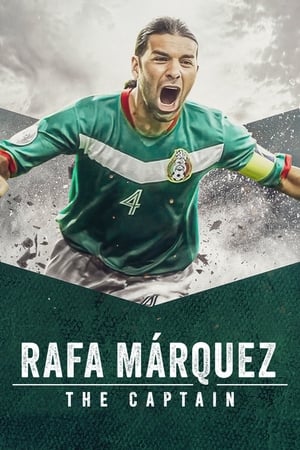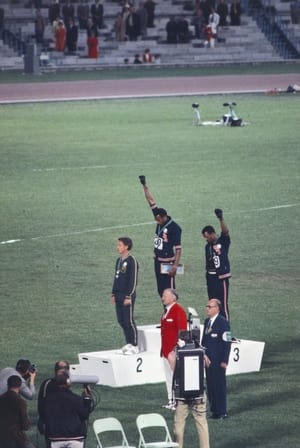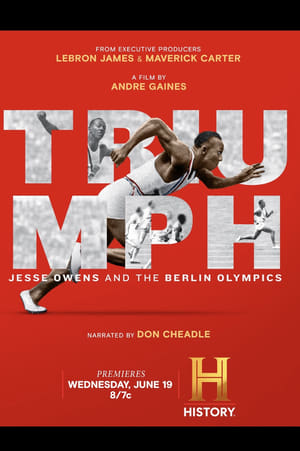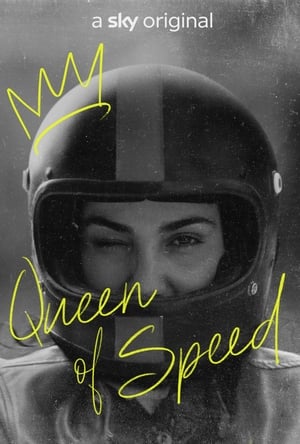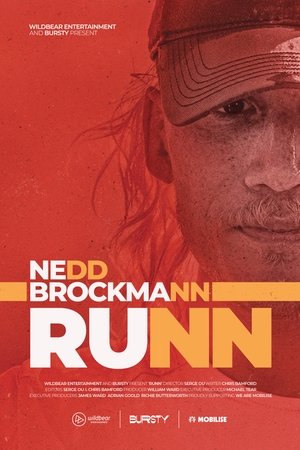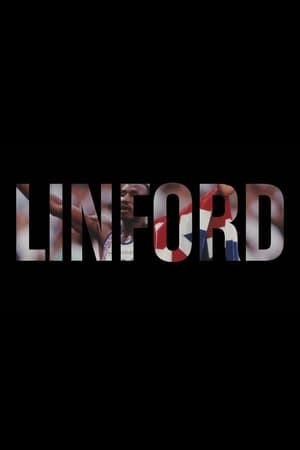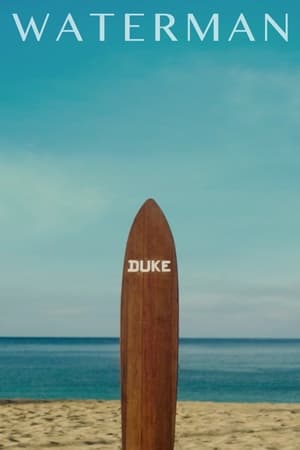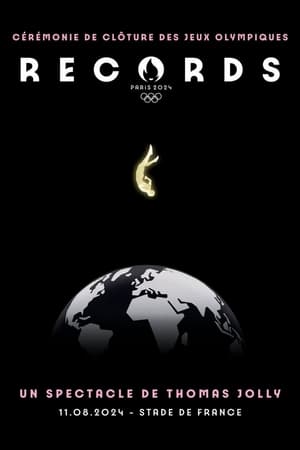Overview
In 2014, in Donetsk, Renaud Lavillenie broke the pole vault world record held by the legendary Sergei Bubka. Since then, the French pole vaulter has become one of the world's greatest athletes. This summer, in Rio, he sets his sights on Olympic gold. His second, another record. Already present in Ukraine, Cédric Klapisch followed the champion in his preparation for over a year.

 French
French
 0
0
 2016
2016
 France
France

